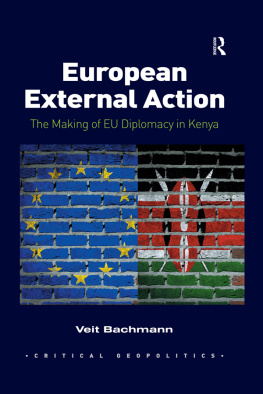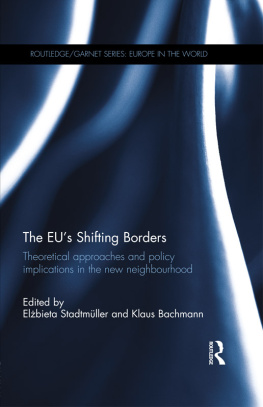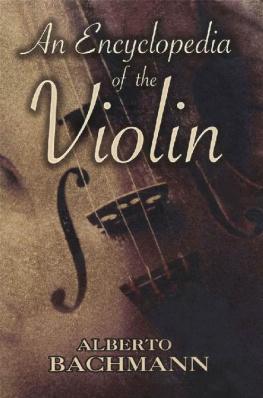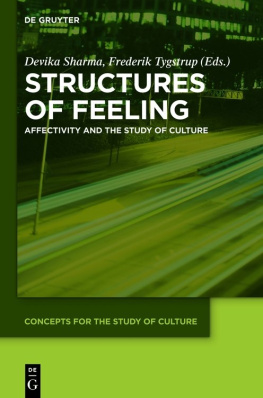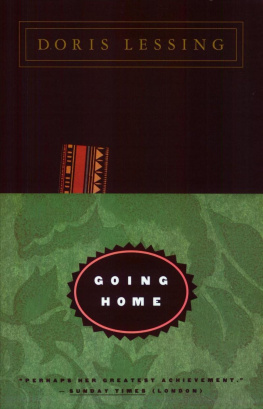Doris Bachmann-Medick - Futures of the Study of Culture
Here you can read online Doris Bachmann-Medick - Futures of the Study of Culture full text of the book (entire story) in english for free. Download pdf and epub, get meaning, cover and reviews about this ebook. year: 2020, publisher: De Gruyter, genre: Politics. Description of the work, (preface) as well as reviews are available. Best literature library LitArk.com created for fans of good reading and offers a wide selection of genres:
Romance novel
Science fiction
Adventure
Detective
Science
History
Home and family
Prose
Art
Politics
Computer
Non-fiction
Religion
Business
Children
Humor
Choose a favorite category and find really read worthwhile books. Enjoy immersion in the world of imagination, feel the emotions of the characters or learn something new for yourself, make an fascinating discovery.

- Book:Futures of the Study of Culture
- Author:
- Publisher:De Gruyter
- Genre:
- Year:2020
- Rating:3 / 5
- Favourites:Add to favourites
- Your mark:
- 60
- 1
- 2
- 3
- 4
- 5
Futures of the Study of Culture: summary, description and annotation
We offer to read an annotation, description, summary or preface (depends on what the author of the book "Futures of the Study of Culture" wrote himself). If you haven't found the necessary information about the book — write in the comments, we will try to find it.
Futures of the Study of Culture — read online for free the complete book (whole text) full work
Below is the text of the book, divided by pages. System saving the place of the last page read, allows you to conveniently read the book "Futures of the Study of Culture" online for free, without having to search again every time where you left off. Put a bookmark, and you can go to the page where you finished reading at any time.
Font size:
Interval:
Bookmark:
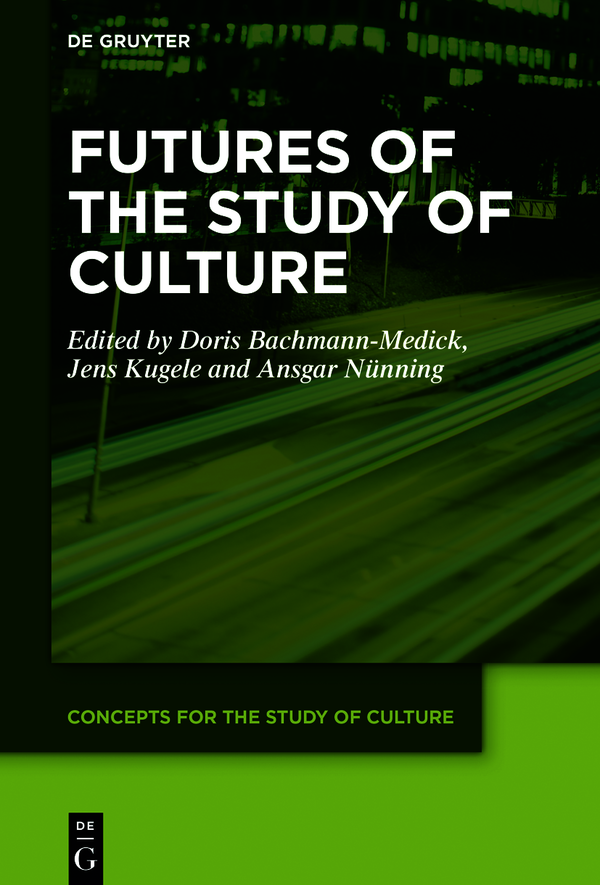
Concepts for the Study of Culture (CSC)
Edited by
Volume
ISBN 9783110655094
e-ISBN (PDF) 9783110669398
e-ISBN (EPUB) 9783110669541
Bibliographic information published by the Deutsche Nationalbibliothek
The Deutsche Nationalbibliothek lists this publication in the Deutsche Nationalbibliografie; detailed bibliographic data are available on the Internet at http://dnb.dnb.de.
2020 Doris Bachmann-Medick, Jens Kugele, and Ansgar Nnning, published by Walter de Gruyter GmbH, Berlin/Boston
This work is licensed under the Creative Commons Attribution-NonCommercial-NoDerivatives 4.0 License.
Have we now reached a plateau in which the future is likely to be one of consolidation, refinement, and continuity? Or are we at the threshold of new developments, whether reactive rollbacks to earlier paradigms or dimly foreseen revolutions and emergent innovations?
(, 330)
For us, the future no longer presents itself as an open horizon of possibilities; instead, it is a dimension increasingly closed to all prognoses and which, at the same time, seems to draw near as a menace.
(
In his book The Future as Cultural Fact the anthropologist Arjun Appadurai claims that the orientation to the future should be revalued as a main dimension of culture though a dimension that is almost never explicitly discussed ( Is it more future-oriented than the discipline of cultural anthropology?
Before answering this question, we must differentiate between futurity as a cultural activity on the one hand, and the multidirectional future potential of cultural research on the other (see Andreas Langenohl in this volume). How closely are these two understandings of futurity related? Do they stand for two sides of the same coin, as they shape the entire social formation as a configuration of unequal positions and relations (of main entry points that structure future cultural research: risk, imagination, affects and anxieties, media representation, ecological crises, public health crises, etc.
What is the state of the art? Since the nineteenth century, we can no longer assume that the study of culture and other fields of the humanities and social sciences use the future as a fixed frame of reference, let alone as a category of progress (see
Before outlining this new approach, however, we should first consider the study of culture in its dynamic unfolding, in its own theoretical and methodological development. This unfolding or Eigendynamik is inflected by the cultural conflicts and asymmetries of global society, which is why a consideration of futures of the study of culture never only concerns prospective theories and methods. It demands engagement with the emerging futures of cultures and societies in their global conditions. Following this premise, Richard Grusin in this volume ties the futures of the study of culture to the study of key concerns of the twenty-first century. Referencing Ulrich Becks notion of a global risk society, which, in his view, we are increasingly becoming, Grusin contends that the study of culture can no longer be left to the traditional humanities alone. It should explicitly be blurred with scientific and public debates on the geological scale of the Anthropocene and the environmental threats facing it (see ), and with studies of media technologies, digitalization, and surveillance to name but a few challenging fields of research. In the spirit of enriching cultural research with such diverse paradigms, Isabel Gil in this volume focuses on surveillance, showing that the practice or even the system of surveillance not only shapes present and future cultural conditions but also changes the entire framing of the study of culture itself. This approach to surveillance indicates that the future study of culture will be obliged to address pressing problems within society.
Can this reference to the social sphere be seen as a moral-political common denominator for the study of culture? Is the familiar practice of working with concepts as analytical tools giving way to a deeper engagement with concerns (on matters of concern, see Latour 2014, 231232)? This question does not necessarily call for a normative basis for the study of culture, but increasingly for , 49) is the challenge of the day, it is important to also consider the categories with reference to which we analyze pressing global problems.
But where might potential research in the future of the study of culture take place? Though it would be naive to neglect the important institutional dimension of academic work, we should not confine research to the corporate, entrepreneurial university. However, the academic environment requires researchers to strategically position themselves in multiple competitive contexts. To position oneself in this field means to distinguish oneself by exploiting ever more specialised niches (theory developments and the obsession with (their) newness. Perhaps it would be more effective to employ practical-theoretical tools that follow innovative and future-oriented paths by focusing on new ways of synthesis and linking, critical revision and delinking.
Will the emergence of ever-new theoretical turns make the future of cultural research more diverse, more pluralistic? The range of recent turns has drawn attention to a number of emerging topics or concerns which show and demand a deeper involvement with cultural realities (such as global migration, pandemics, climate change, the Anthropocene, etc.). Do we need to rethink our key research categories in light of increased involvement of research with cultural realities and the resulting turns or transdisciplinary studies such as the ontological turn, or posthumanist, animal, disability, sustainability, etc. studies before we can even speak of the future of the study of culture? Or will it become inevitable to break entirely with familiar theories and concepts, the longue dure constellations of interwoven turns and their increasing differentiation into a prolonged series of sub-sections and studies? In the end, any linear trajectories of theory might prove to be inadequate to analyze and address the contemporary dynamics of newly emerging global problems and systemic disruptions. Will it thus become unavoidable to suggest a hitherto unheard-of paradigm shift in a Copernican sense? In any case, the overarching question is: Are we forced to leave familiar theoretical frameworks behind and adjust our terms and concepts to a world that is fundamentally different (, 9) from what we have experienced so far? Ulrich Beck takes a clear position towards this question, claiming that we will be forced to carry out epochal change (5) in how we think about the future, to conceptualize a void that until now was never thought to be thinkable at all (see 2830).
What, then, is the starting point for reflecting on the future of the study of culture? A good starting point would be a new conceptualization of the past. We need to historicize the key concepts that guide our engagement with the future. Historian Dirk van Laak maintains that it is a precondition for dealing with the future: We need historians to act as prophets of the past (van Laak in this volume, 215) and reject the assumed continuity between past, present, and future in favor of an openness for different rhythms and paces of change (van Laak, 215). But would the reflection on the future not go even further if we started with a new conceptualization of the present? In any case, Hans Ulrich Gumbrecht , 3).
Font size:
Interval:
Bookmark:
Similar books «Futures of the Study of Culture»
Look at similar books to Futures of the Study of Culture. We have selected literature similar in name and meaning in the hope of providing readers with more options to find new, interesting, not yet read works.
Discussion, reviews of the book Futures of the Study of Culture and just readers' own opinions. Leave your comments, write what you think about the work, its meaning or the main characters. Specify what exactly you liked and what you didn't like, and why you think so.

